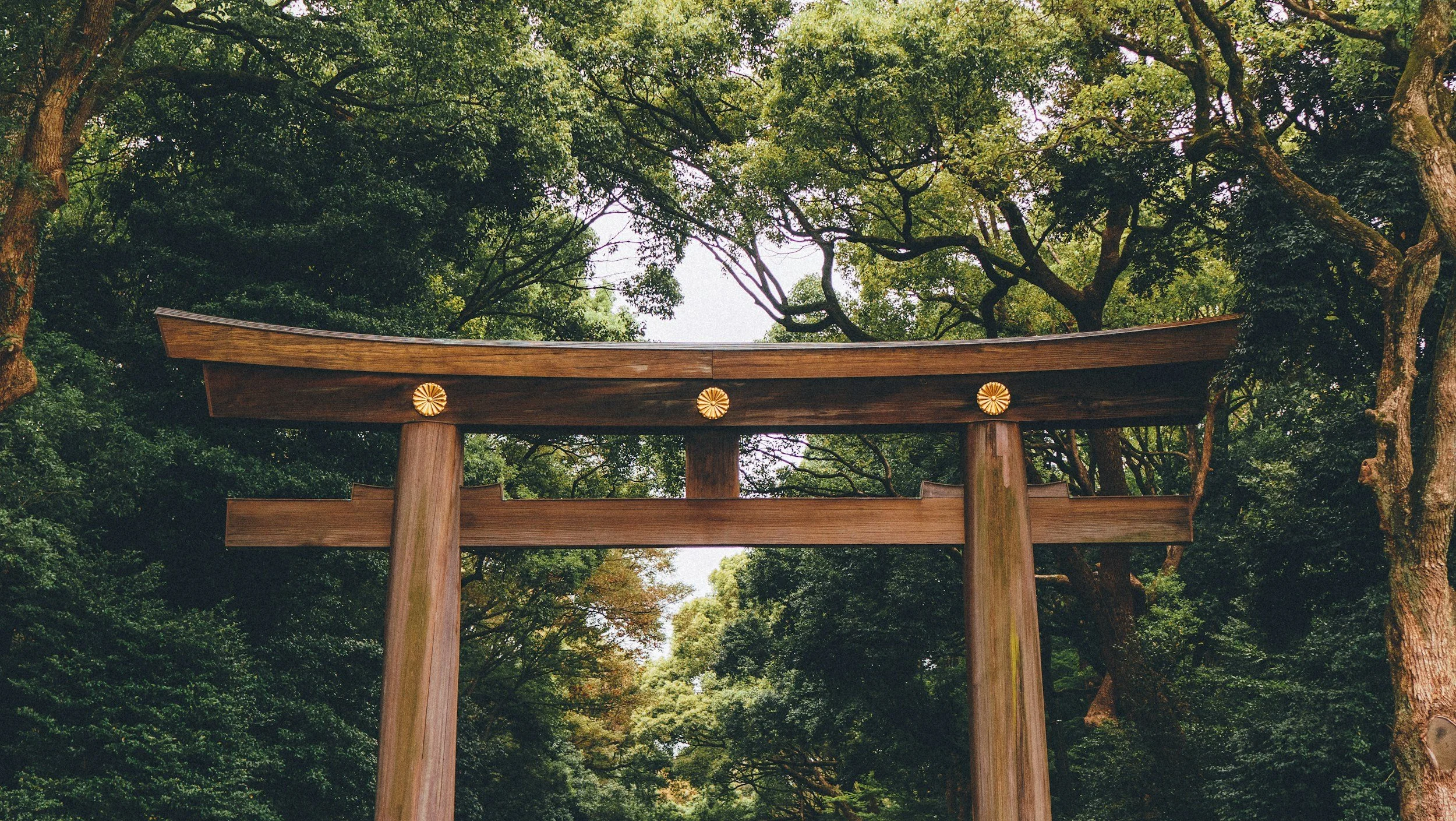
Japan
Japan doesn’t ask for attention. It invites it – softly, through detail.
Between the stillness of Kyoto’s gardens and the quiet rhythm of a Tokyo café, everything feels considered.
Not a checklist, but a collection – of spaces, tastes and small rituals worth remembering.
Tokyo / A City in Motion and Stillness
The Essence of Tokyo
Tokyo balances contrast with intention. From narrow alleys humming with life to skyline views wrapped in dusk – the city speaks in stillness and rhythm. Fast, but never rushed. Calm, but never quiet. A place for slow observers, early risers, and those who find beauty in detail.
Where to stay
The Knot Shinjuku
A design-led boutique hotel with a soft industrial soul. Affordable, stylish, and tucked in a part of town that feels more local than central.
→ Best for: design lovers / budget-conscious / morning walks in the parkPark Hyatt Tokyo
A timeless cinematic icon with skyline views and hushed luxury. Think ‘Lost in Translation’, only quieter.
→ Best for: luxury seekers / city dreamers / bath-with-a-view moments
Where to eat
Uogashi Nihon-Ichi (Standing Sushi Bar)
No frills. No reservations. Just fast, fresh, and real.
→ Budget-friendly / Authentic Tokyo / Local-only vibeYakiniku Futago Shinjuku West
Tokyo turned up. Loud, sizzling, unapologetically alive. Try the marble cuts, feel the grill heat, and lose yourself in meat poetry.
→ Mid-range / High energy / Meat lovers
Where to shop
Akari Showroom at Ozeki Lantern
A luminous, quiet space filled with handcrafted lanterns. More a gallery than a shop.
→ Best for: minimalists / design purists / gifts to ship homeMonocle Café Tokyo
Curated calm. Sip espresso, read, write, or simply watch Tokyo’s tempo.
→ Ideal for: quiet mornings / solo time / creative flow
Lime Studio Note
I found Tokyo in a pause between moments – sipping coffee in a side street while school uniforms brushed past, or standing at a sushi bar where no one spoke but everything was said. It’s a city that doesn’t perform – it simply is.
Kyoto / Where Time is a Ceremony
The Essence of Kyoto
Time slows in Kyoto. Each moment is offered like a ritual: a temple garden swept at dawn, a cup of matcha served without words, the faint scent of cedar in the air. It’s not about pace or place — it’s about presence.
Where to stay
Hotel Androoms Kyoto Shichijo
Clean lines, gentle tones, and thoughtful details. A quiet, affordable base close to temples and rivers.
→ Best for: minimal design / walkable mornings / quiet nightsAman Kyoto
Hidden in a forest at the city's edge, this sanctuary blends refined minimalism with Japanese tradition. Exceptional and intimate.
→ Best for: deep stillness / forest immersion / architectural purity
Where to eat
Tai Sushi
Pure, focused, and seasonally driven. An understated counter with graceful precision.
→ Best for: slow lunches / solo moments / seasonal flowMan’naka
Cozy, vibrant, and always full. Local dishes with warmth and a welcoming atmosphere.
→ Best for: casual dinner / authentic Kyoto vibe / comfort food done right
Where to shop
Ippodo Tea House
Tea, silence, ritual. A space to experience Kyoto not through sights, but senses.
→ Best for: matcha moments / tradition / quiet contemplationD&Department Kyoto
Objects with soul. A curated space for thoughtful design and lasting utility.
→ Best for: design lovers / souvenirs with purpose
Lime Studio Note
I never tried to “see” Kyoto. I simply stayed with it. Somewhere between a cedar forest and the steam of udon, I stopped searching. That’s when it revealed itself.
Naoshima / The Island that Thinks in Silence
The Essence of Naoshima
Tucked away in the Seto Inland Sea, Naoshima feels less like a destination and more like an idea. An island shaped by architecture, framed by silence, and softened by salt air. It’s a place where museums blend into hillsides, art lives inside light, and time folds into thought.
A space not to explore, but to absorb. Not loud. Not fast. Just present.
Where to stay
Benesse House – Museum and hotel in one. Stay in a Tadao Ando-designed space where the art never sleeps, and the walls feel like whispers.
→ Best for: architecture lovers / sunrise walks / immersive calmWright Style Guesthouse – Quiet, minimal, and close to everything. A modest base with thoughtful design and island rhythm.
→ Best for: slow mornings / solo trips / grounded simplicity
What to see
Chichu Art Museum – Underground, sunlit, infinite. A sensory space curated with exacting grace.
→ Monet / Ando / light as languageArt House Project – Abandoned homes reimagined by artists. Wandering through these is like walking through someone else’s dream.
→ Unexpected / fragile / humanYayoi Kusama’s Yellow Pumpkin – A symbol, a sculpture, a photo, a pause. Found by the sea – if the tide allows.
→ Best at dawn or dusk, best when alone
Lime Studio Note
There are places I haven’t seen yet – but feel like I already know.
Naoshima lives in that space. Concrete and water. Stillness and shape. It’s not just on the list – it stays there, waiting, like a thought you’re not ready to finish.




